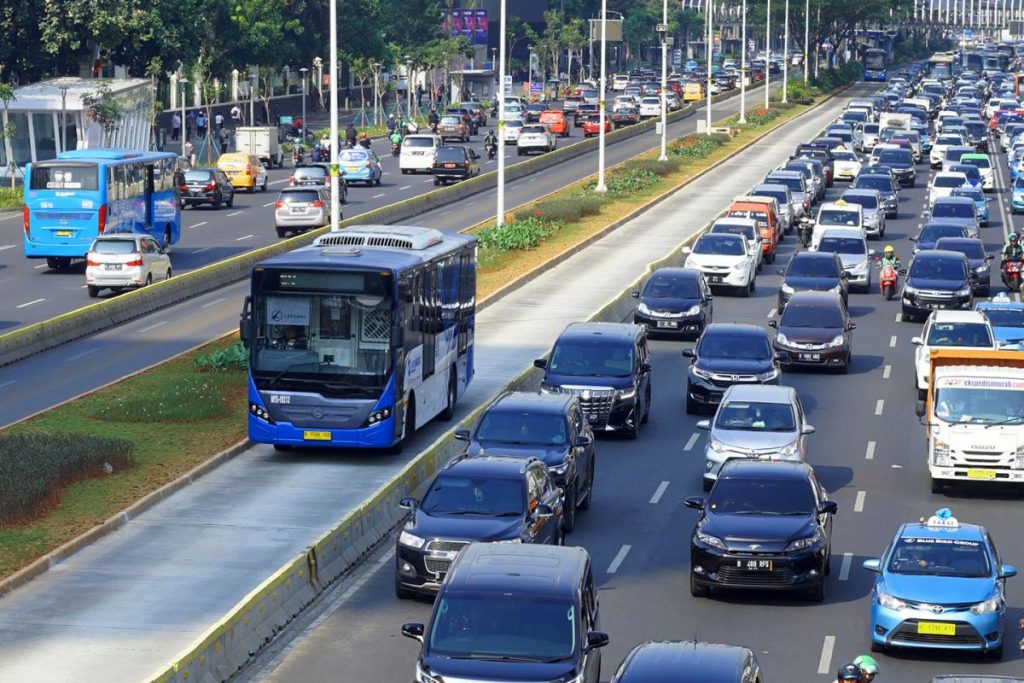Revolutionizing Development: The Transformative Advantages of Railways in Developing Countries

In the realm of transportation, railways have emerged as a catalyst for development in developing countries. With their extensive reach, cost-effectiveness, and ability to facilitate trade and connectivity, railways offer a multitude of advantages that can revolutionize these nations. This article explores the key benefits of railways in developing countries, shedding light on their transformative potential.
- Enhanced Connectivity and Accessibility:
Railways serve as a vital link, connecting remote regions and urban centers within developing countries. By bridging the gap between rural and urban areas, railways facilitate the movement of people, goods, and services, thereby improving accessibility and reducing regional disparities. This enhanced connectivity opens up new opportunities for economic growth, tourism, and social integration. - Efficient and Sustainable Transport:
Railways are renowned for their efficiency and sustainability, making them an ideal mode of transport in developing countries. Compared to road transportation, railways have higher carrying capacity, lower fuel consumption, and reduced greenhouse gas emissions per unit of freight or passenger. This not only helps alleviate traffic congestion but also contributes to environmental preservation and the mitigation of climate change. - Economic Development and Trade Facilitation:
Railways play a crucial role in promoting economic development and trade within developing countries. By providing a reliable and cost-effective means of transportation, railways enable the movement of goods across vast distances, stimulating trade and commerce. This, in turn, attracts investments, boosts industrialization, and creates employment opportunities, ultimately driving economic growth and poverty reduction. - Infrastructure Development and Urbanization:
The construction and expansion of railway networks in developing countries necessitate significant infrastructure development. This includes the establishment of railway stations, maintenance facilities, and associated road networks. Such infrastructure projects not only create employment during construction but also contribute to urbanization by attracting businesses, residential developments, and public amenities along railway corridors. This integrated approach to development fosters sustainable urban planning and regional growth. - Social Benefits and Improved Quality of Life:
Railways bring about a range of social benefits, positively impacting the lives of people in developing countries. They provide affordable and accessible transportation options, particularly for low-income individuals, students, and rural communities. Railways also enhance safety by reducing road accidents and congestion. Moreover, the development of railways often leads to the revitalization of neglected areas, improving living conditions, and promoting cultural exchange.
Conclusion:
Railways offer a multitude of advantages that can transform developing countries. From enhanced connectivity and accessibility to economic development and social benefits, railways have the potential to revolutionize transportation systems and drive sustainable development. By recognizing and harnessing these advantages, developing countries can pave the way for a brighter future, characterized by inclusive growth, environmental sustainability, and improved quality of life for their citizens.
